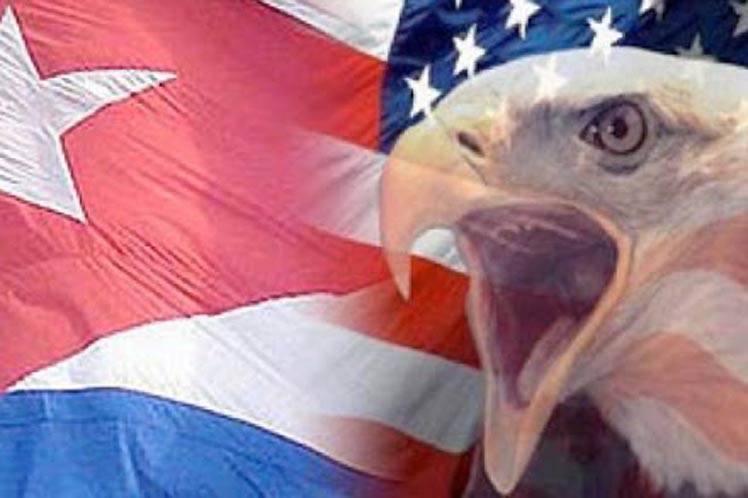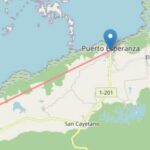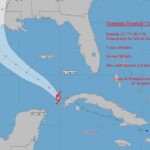Havana, Cuba: The United States blockade against Cuba today reaches a higher level of hostility, with direct and extraterritorial actions amid the economic and health complexities imposed by the pandemic, Prensa Latina publishes.
In this way, Ismara Vargas, director of Legal Affairs and Analysis of the United States of the Cuban Foreign Ministry, summarized how Washington’s coercive measures fulfill their purpose of causing considerable damage to the national economy and the island’s population.
Regarding the presentation to the General Assembly of the United Nations (UN), on June 23 of the twenty-ninth report to demand the end of the unilateral siege, the official anticipated a new defeat for the US government.
Cuba will once again have the overwhelming support of the UN member countries, “it is an unequivocal message from the international community about the need to raise a policy that deeply damages the Cuban people,” Vargas stressed.
The diplomat commented that this vote will take place in a context of growing activism at the international level. “Every week in various corners of the world initiatives take place for the legitimate right of Cubans to live in a country without blockade?, she stressed.
She pointed out that the asphyxiation measures, increased during the term of former President Donald Trump (2017-2021), limit the ability of the Cuban State to guarantee the functioning of basic sectors of the country, including food, health, electricity and transport.
In figures, the blockade caused between April 2019 and December 2020 damages of more than nine billion dollars, estimated official sources.
US President Joe Biden and other members of his administration have reiterated that Cuba is not a priority issue for his government, and despite electoral promises, they keep intact the 243 punitive measures imposed by the former head of the White House.
At that stage, Washington prohibited cruise ships from stopping on the island, restricted flights, stopped remittances, increased financial persecution and activated Title III of the Helms-Burton Act, which allows lawsuits for nationalized goods in the Antillean nation. .
In addition, dozens of banks suspended their operations with Cuba, including legitimate transfers for the purchase of food, medicine and goods for the population, the official denounced. (BSH)





